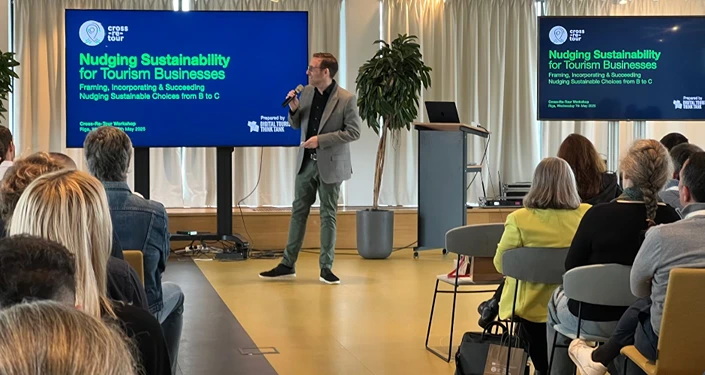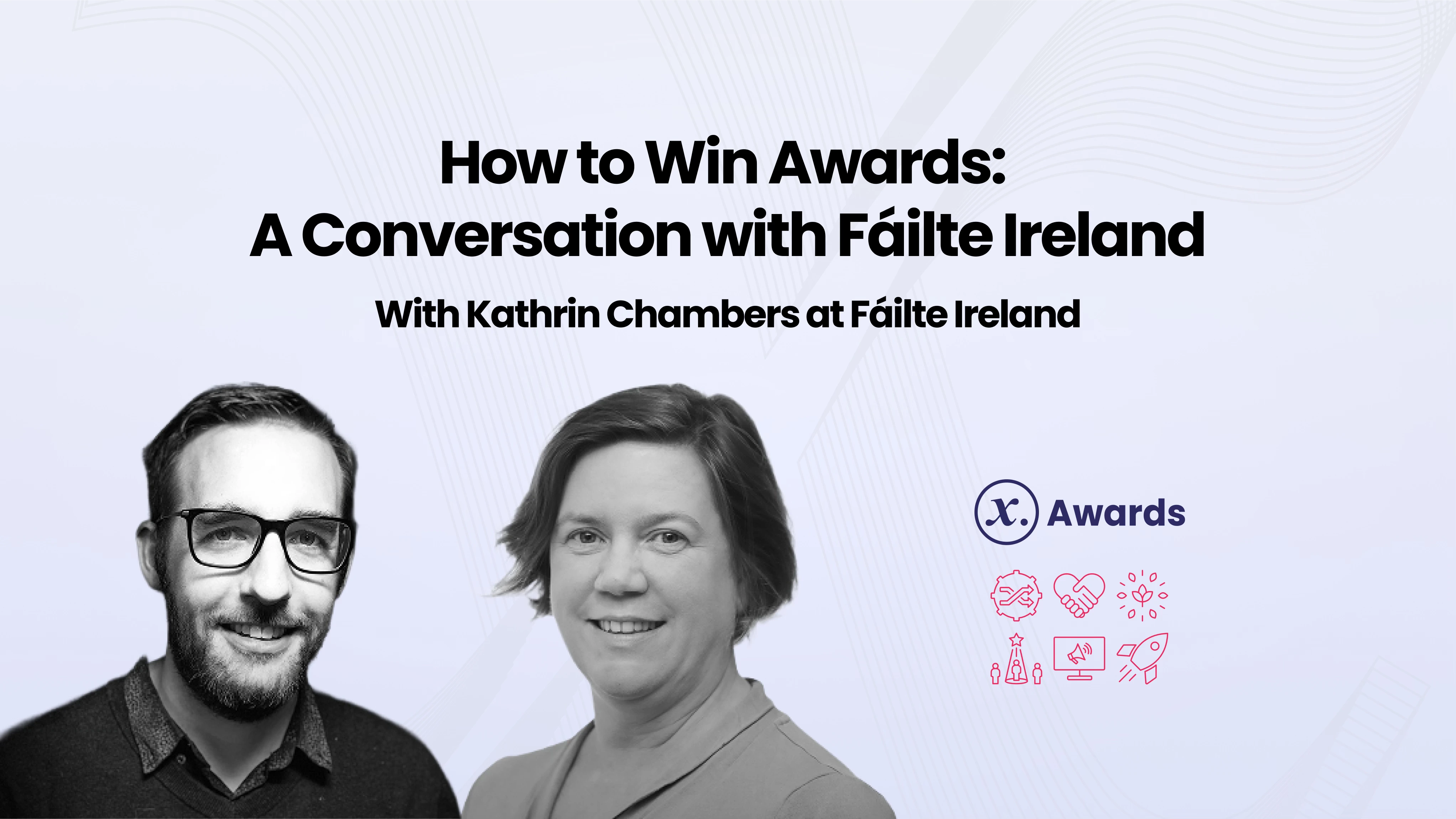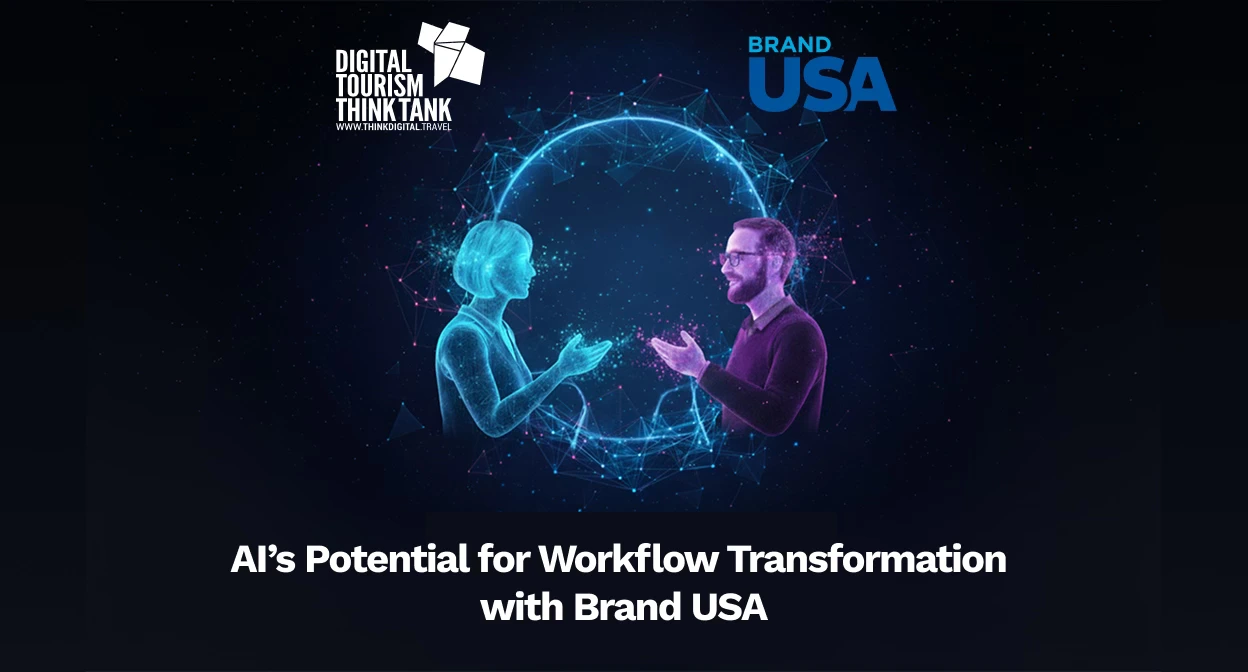Affective computing focuses on the development of systems and devices that can recognise, interpret, process and simulate human emotions. In episode 12 of our "Tour Tech: Your 5 Weekly Takeaways to Tourism Success" podcast series, part of the EU-funded Tourbit project, we learn how human-centred digital engagement helps tailor trip planning. This article concentrates on how Un p'tit Voyage, a French travel agency passionate about curating travel experiences, leverages the power of affective computing through its partnership with L'Aleph, a company specialising in emotional analysis with its Xenia platform.
Un p'tit Voyage creates meaningful travel experiences. By understanding tourists' true desires, it aims to move beyond simply following trends to create a more conscious travel experience. This empowers travellers to make informed choices and become more aware of the impact their journeys have. Ultimately, Un p'tit Voyage believes travel should be a source of personal growth and connection, focusing on the experience itself rather than just ticking destinations off a list. Un p'tit Voyage's philosophy allows it to craft personalised experiences wherever a client desires to travel.
Understanding the Power of Emotions
Delphine Bonte, CEO of Un p'tit Voyage, recognises the growing demand for highly personalised travel experiences that surpass what clients can find on their own. Visitors are often looking for an agency that can save them time and create an itinerary that perfectly suits their needs. However, traditional methods that rely solely on client interviews can be time-consuming and struggle to capture the full spectrum of desires, both conscious and unconscious. Clients may struggle to articulate their deepest desires, and even hour-long interviews might not provide sufficient information to craft an unforgettable experience. This is why Un p'tit Voyage sought a solution to streamline their process and gain a deeper understanding of traveller emotions throughout the journey.
Affective computing offers a groundbreaking approach to understanding visitor sentiment. Such tools go beyond explicit expressions of satisfaction or dissatisfaction to decipher travellers' underlying emotional states.
Tailoring Travel to the Emotional Core
For travel agencies, such as Un p'tit Voyage, affective computing unlocks a new level of personalisation, where travel advisors not only understand what a tourist says they want, but also intuitively grasps the emotional essence of their dream vacation. Ariane Flahault, CEO of l’Aleph, explains how Xenia's emotion-capturing widgets allow Un p'tit Voyage to go beyond the surface level of travel planning conversations and delve into the emotional core of traveller desires. These widgets allow potential travellers to explore their ideal journeys through interactive exercises. By analysing these interactions, travel advisors gain insights into the emotions associated with the trip, such as a yearning for adventure, a desire for relaxation or a quest for cultural immersion. With this knowledge, Un p'tit Voyage can move beyond generic itineraries and craft journeys that resonate on a deeper level.
Delphine emphasises the positive client reception, with travellers finding the widget to be a fun and engaging experience, akin to playing a game. Alongside this, she reports a significant time savings of 30-40% per project due to fewer revisions to the initial proposal and a remarkable 100% success rate in converting proposals into contracts.
This emotional intelligence empowers travel advisors to curate truly personalised travel experiences. They can recommend destinations, activities and accommodation that match their client's emotional motivations, crafting a journey that goes beyond the typical sightseeing itinerary. Widgets also enable post-travel visitor satisfaction to be obtained, enabling constant optimisation of Un p'tit Voyage's travel catalogue and ensuring that every trip meets client expectations.
Hyper-Personalisation: A Win-Win for the Tourism Industry
By gathering emotional data from a wider audience through social media integration, travel agencies can gain valuable insights into broader travel trends and customer preferences. This information can be used to:
- Develop Targeted Marketing Campaigns: Travel agencies can tailor their marketing messages to specific emotional triggers, creating more effective and engaging campaigns.
- Optimise Travel Offers: By understanding the emotional drivers behind travel choices, agencies can refine their travel packages and curate experiences that cater to specific desires.
- Enhance Customer Loyalty: When travel experiences are emotionally stimulating, customers are more likely to become loyal patrons and recommend the agency to others.
In a competitive travel landscape, leveraging emotional intelligence creates a more meaningful connection with customers, fostering trust and loyalty in the long run. Such valuable data offers a significant competitive advantage for tourism businesses.
Key Takeaways
Data is the fuel for personalisation. By harnessing data that assesses visitor emotions, tourism businesses can design experiences that cater to individual desires and foster deeper connections and emotional resonance between travellers and the destinations they explore. With pre-trip and post-trip data collection, valuable insights are obtained for continuous improvement. Client feedback therefore becomes the cornerstone for refining travel offerings and crafting targeted marketing strategies.
By moving beyond traditional methods and embracing the power of emotions, travel companies can personalise experiences, optimise offerings and build stronger relationships with their customers. As Xenia's collaboration with Un p'tit Voyage demonstrates, the future of travel is likely to be driven by a deeper understanding of the emotional core of every journey.
Here are the five key takeaways:
- Value-driven personalisation: Use digital tools to understand visitor needs and tailor experiences.
- Digital validation: Digital tools can help plan trips and build excitement through personalisation.
- Know your visitors: Understanding visitor needs leads to higher satisfaction and presents opportunities for cross-selling.
- Co-create experiences: Collect visitor data (such as sentiment) to personalise visitor experiences and streamline internal processes.
- Feedback is key: Gather feedback at multiple touchpoints to continuously improve and build a more resilient business with a strong focus on positive visitor interactions.
The podcast is part of the Tourbit project, co-funded by the EU's COSME programme, with the support of the Catalan Tourist Board, Barcelona Chamber of Commerce, Paris&Co, Arctur Doo, Hub Brussels, Iceland Tourism Cluster, Lapland University of Applied Sciences and NEST - Tourism Innovation Center.










.svg)












.webp)



.webp)
